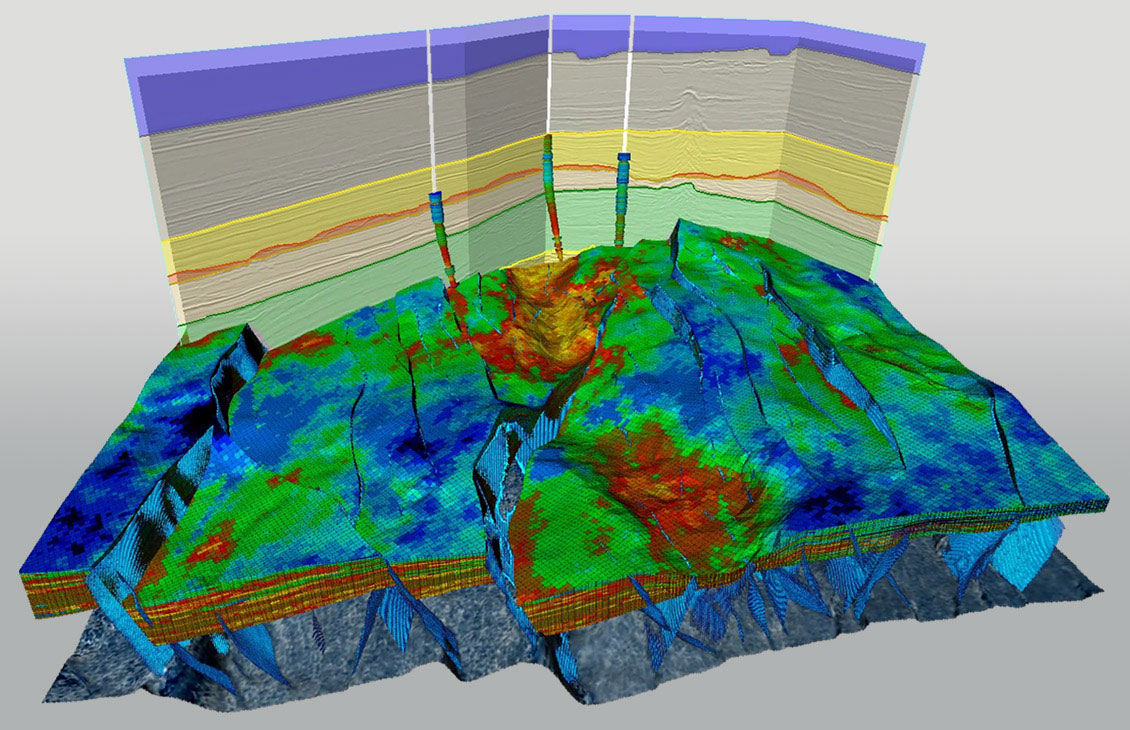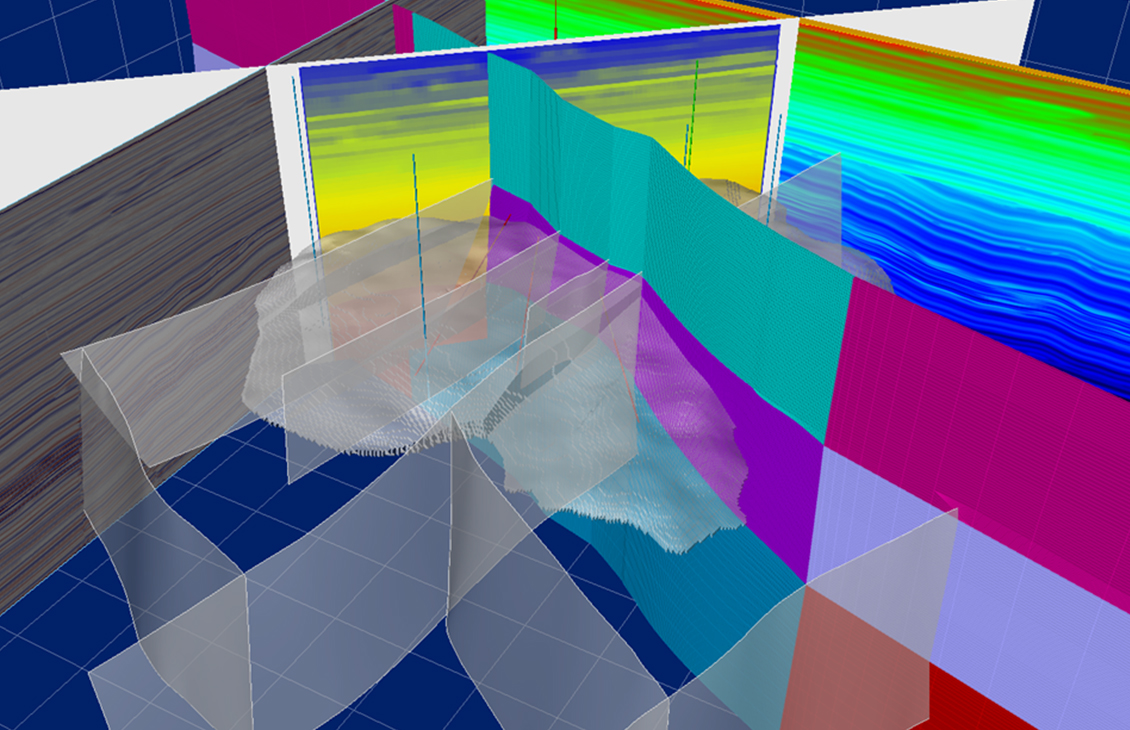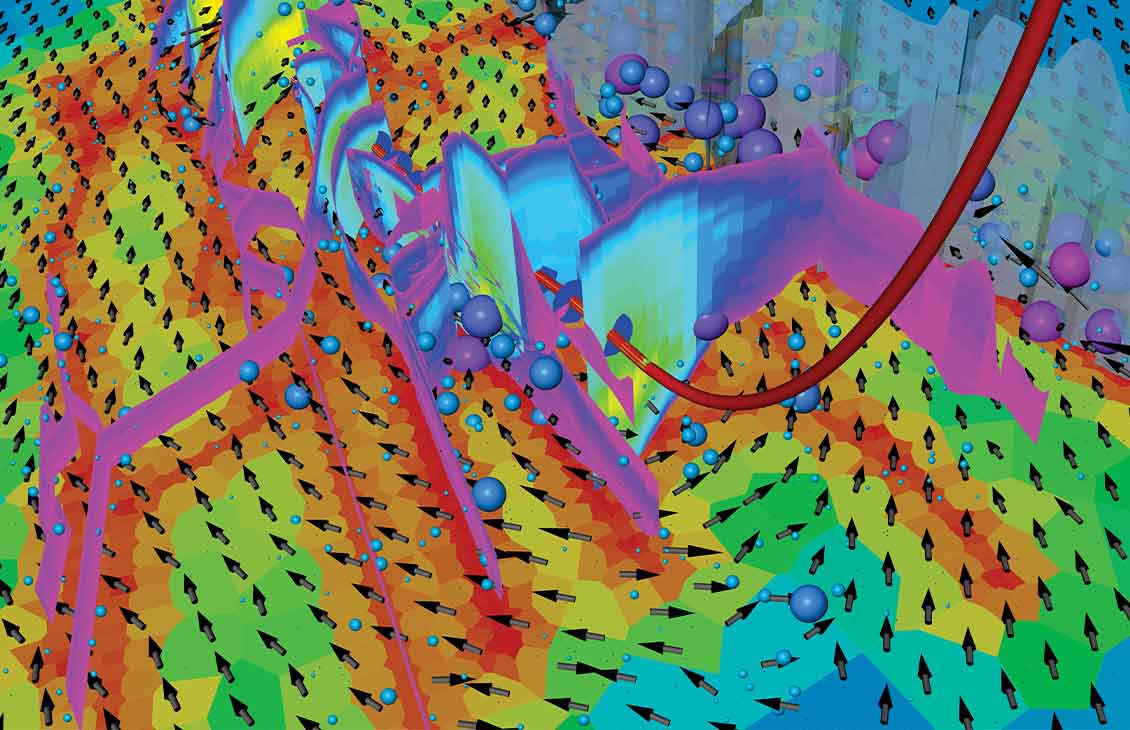Refracturing is the process of hydraulically fracturing a well after the initial fracturing operation and production period.The BroadBand Sequence fracturing service is used to pump refracturing stages in succession while launching a proprietary composite pill in between each stage to divert out of the previously stimulated zone, ensuring new reservoir rock is stimulated along the entire wellbore in both horizontal and vertical wells. Effectively refracturing each wellbore enables wells to increase production flow rates.
Refracture in challenging conditions
Effective refracturing operations can significantly improve production from previously depleted laterals. However, the combination of existing perforations and a depleted reservoir greatly alters the in situ stress, which makes it challenging to develop a plan that accounts for the well’s unique conditions. Using integrated software and services, we can design a successful refracturing strategy for a candidate well.







